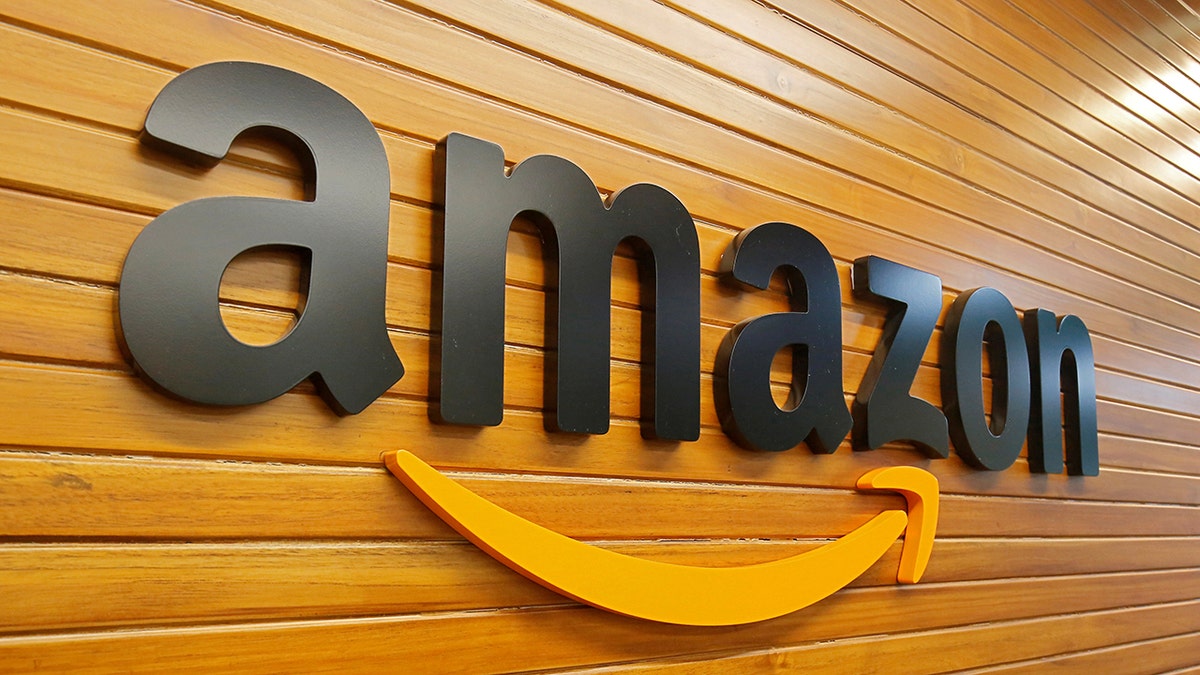
FILE PHOTO: The logo of Amazon is pictured inside the company's office in Bengaluru, India, April 20, 2018. REUTERS/Abhishek N. Chinnappa/File Photo - RC1E5AEBF0B0
Amazon has joined the call to regulate facial-recognition technology—to a point.
The e-commerce giant today said it supports an "appropriate national legislative framework" to prevent facial-recognition systems from infringing on people's civil rights.
Amazon doesn't seek to prevent sales of facial-recognition tech to police departments or government agencies. It instead advocates for restrictions on how they use it.
"It's critical that any legislation protect civil rights while also allowing for continued innovation and practical application of the technology," Amazon Web Services VP Michael Punke wrote in the blog post.
More From PCmag
For months now, the company has been defending its own system, known as Rekognition, over claims it'll one day enable mass surveillance. Academics, civil rights advocates, and even the company's investors are concerned the technology will make mistakes and discriminate against people of color.
Last July, Microsoft called for US lawmakers to rein in facial-recognition technologies before they can abused. Then in December, Google said it was holding off on selling a general-purpose facial-recognition system until "important technology and policy questions" had been addressed.
Amazon had been pushing back against critics who say the technology never be sold to governments. But on Thursday, the company said it's been talking with customers, researchers, and policy makers to "best balance the benefits of facial recognition with the potential risks," Punke wrote in his blog post.
The company produced a five-point plan to responsibly regulate the technology when it comes to law enforcement. "We encourage policymakers to consider these guidelines as potential legislation and rules are considered in the US and other countries," he said.
The 5 Points
- Facial recognition should always be used in accordance with the law
- Law enforcement should use the technology with a human reviewer
- Law enforcement should also use technology when its accuracy level has been set on a 99 percent confidence level
- Government agencies should issue transparency reports to the public on how the technology is being deployed
- Notices should be placed in any public and commercial settings where the technology is in use.
Punke stressed the benefits of facial-recognitions systems, like finding missing children and identifying suspects in crimes. He maintains that Amazon's company's own product is highly accurate.
"You may have read about some of the tests of Amazon Rekognition by outside groups attempting to show how the service could be used to discriminate. In each case, we've demonstrated that the service was not used properly," he argued.
"New technology should not be banned or condemned because of its potential misuse," he added. "Instead, there should be open, honest, and earnest dialogue among all parties involved to ensure that the technology is applied appropriately and is continuously enhanced."
However, not everyone believes Amazon is acting in good faith. The American Civil Liberties Union claims the tech giant has been vague about the technology's development. For instance, the company hasn't always disclosed which government agencies it's been shopping the company's facial-recognition product to until press have caught wind of it.
"Amazon's framework rings woefully hollow, underscores the company's refusal to properly address the dangers of its technology in government hands, and reinforces the urgent need for Amazon to get out of the surveillance business altogether," said ACLU senior legislative counsel Neema Singh Guliani in an email.
This article originally appeared on PCMag.com.
